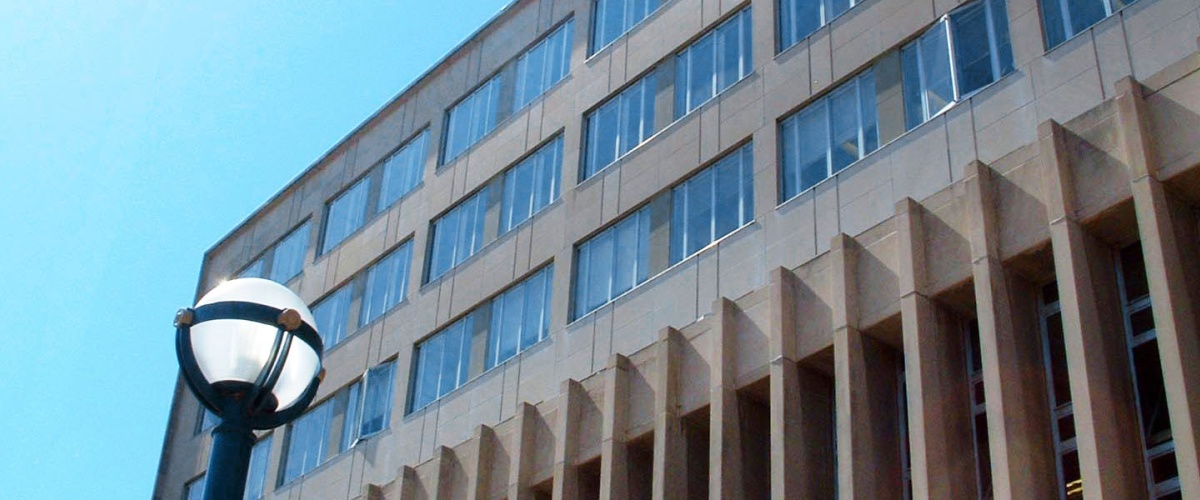
My Thoughts & Context in Support of Transit Oriented Development (TOD)
postedGreetings friends & neighbors,
Passionate public comment, presentations from staff, and robust discussion was part of the Common Council meeting of January 17th, 2023. If you've attended or watched council meetings, you know this isn't an anomaly. But the particular topic of interest and discussion last night was centered on the city's proposed changes to zoning rules to encourage Transit Oriented Development, commonly referred to as TOD. During discussion, city staff and council members pointed out TOD involves much more than just changing zoning. Key changes of TOD include:
-
Allowing more residential units as a permitted use in residential, mixed-use and certain employment zoning districts.
-
Allowing additional building height as a permitted use in some residential and mixed-use districts.
-
Removing usable open space requirements for residential units.
-
Removing minimum vehicle parking requirements and adding tighter maximum parking limits.
-
A minimum two-story building height, with some exceptions, in multifamily residential, mixed-use and employment districts.
-
Additional site design and layout rules to ensure buildings are near and easily accessible from public sidewalks.
Alder Paulson (District 3) published a blog that (in my opinion) does a good job of providing context of the proposal, especially as he and I are members of the city's Plan Commission. I encourage you to read it if you have time and interest. I didn't chime in during discussion last night as I agreed with a lot of what was being said by my peers. Furthermore, the meeting went into the late midnight hour and I didn't want to further extend the meeting by providing repetitive comments. Instead, I am sharing the rationale behind my vote here.
Our nation's history of segregation in housing is horrendous, and unfortunately, Madison is not exempt. During mid-April 2022, PBS Wisconsin and the UW Public History Project collaborated to offer a public viewing of never before seen footage exposing housing discrimination in 1960's Madison. The film, Sifting and Winnowing & Film Burning is a collection of hidden camera footage taken with the intent to capture the unvarnished truth of housing discrimination in the city. However, UW-Madison confiscated the film and locked it away in the archives, restricting access to it. After hard work, the film was uncovered and unrestricted, which provided the opportunity to further reflect on why this history was hidden. If you haven't seen this film - and the panel discussion that follows - I would encourage you to do so. I can confidently say these practices still exist, they have just become more and more covert with time.
Within my first 2 years of working in the field of homeless services, I was urged to read two books to increase my knowledge and enhance my service to the people I was serving. Those books are Evicted: Poverty and Profit in the American City (M. Desmond) and The Color of Law (R. Rothstein). In the Color of Law, the author makes the connection of housing segregation being a result of explicit government policies at all levels. The author also asserts that private activity we normally point to as the precipice of housing discrimination (ie: mortgage lending practices, exclusionary covenants, etc), aren't alone in their complicity, but have been emboldened by government policies to ensure separation.
District 11 resident Wes Marner wrote an op-ed that was recently published in the Isthmus. In it, he states, "Single-family zoning originated in the early 1900s to exclude minorities from white neighborhoods. After a Supreme Court ruling in 1917 prohibited explicit race-based zoning, exclusion by class-based discrimination took hold. The outcome after more than a century of enforcement is racial segregation combined with wealth concentration in predominantly white neighborhoods."
It's frustrating that throughout the city - from its highly publicized mission statement and values, to how the word is used within its boards, commissions, committees, and the council - equity has become a catch phrase. The city's webpage describes equity as the commitment to fairness, justice, and equal outcomes for all. What does this really mean? To me, and in this instance, it means taking the risk(s) instead of retreating and continuing to do business as we always have, especially when there are opportunities to lead and try new things to keep true equity, at the forefront. That's the antonym of the status quo.
What I heard last night - in comment and the plethora of emails council members received - was not support of providing equitable outcomes, opportunities to right history's wrongs in housing and segregation, or even creating more housing, but protection of the status quo. Protection of exclusionary zoning. And that perspective is in complete opposition to our city's values, the council's values, and my personal values as a resident and representative of this city.
My vote supporting Transit Oriented Development and changes necessary to implement it, represent my commitment to equity as a resident and steward of the city.
Links for Context & Information
District 11 resident, Wes Marner's op-ed
District 11 resident, Paul Fanlund's op-ed
